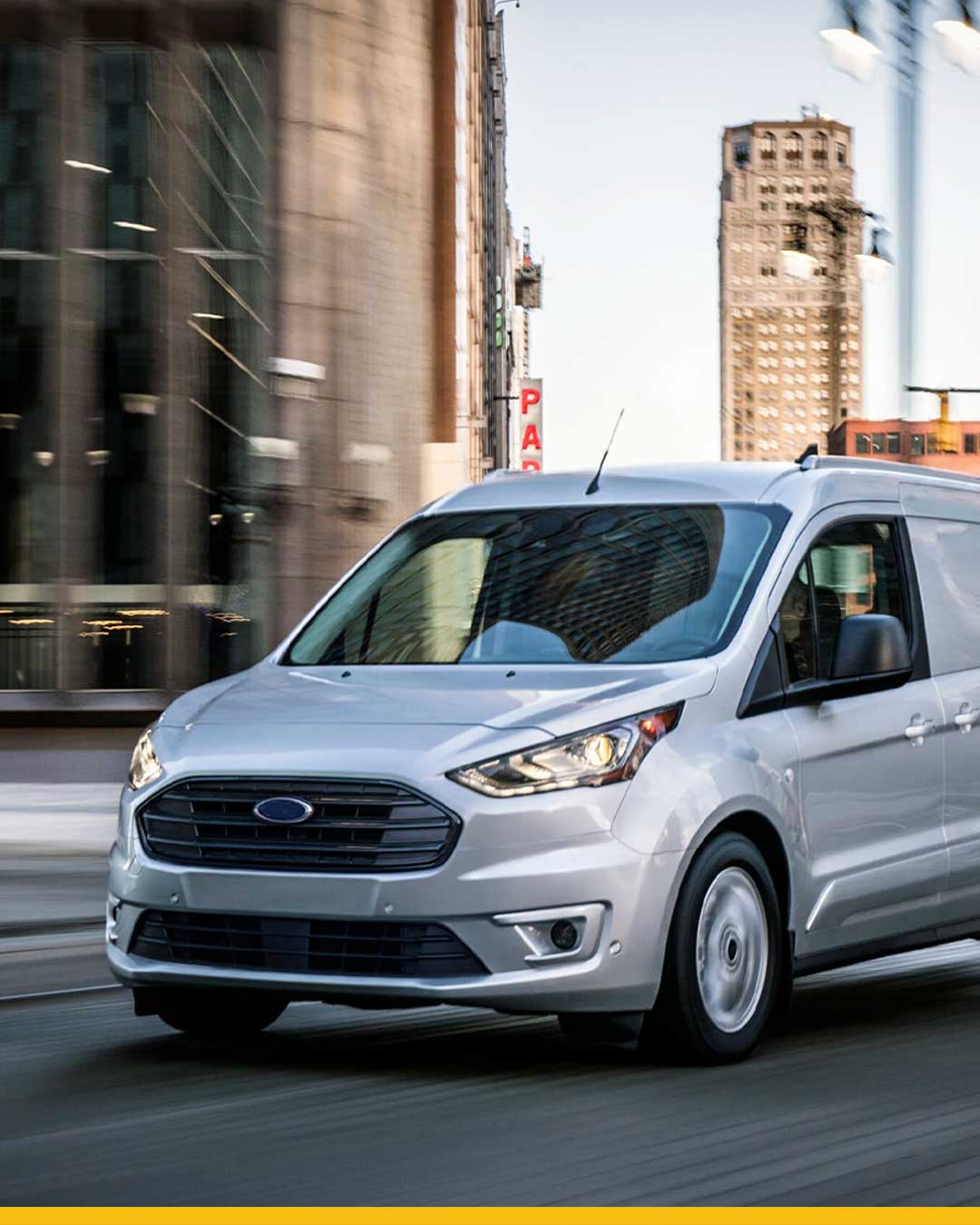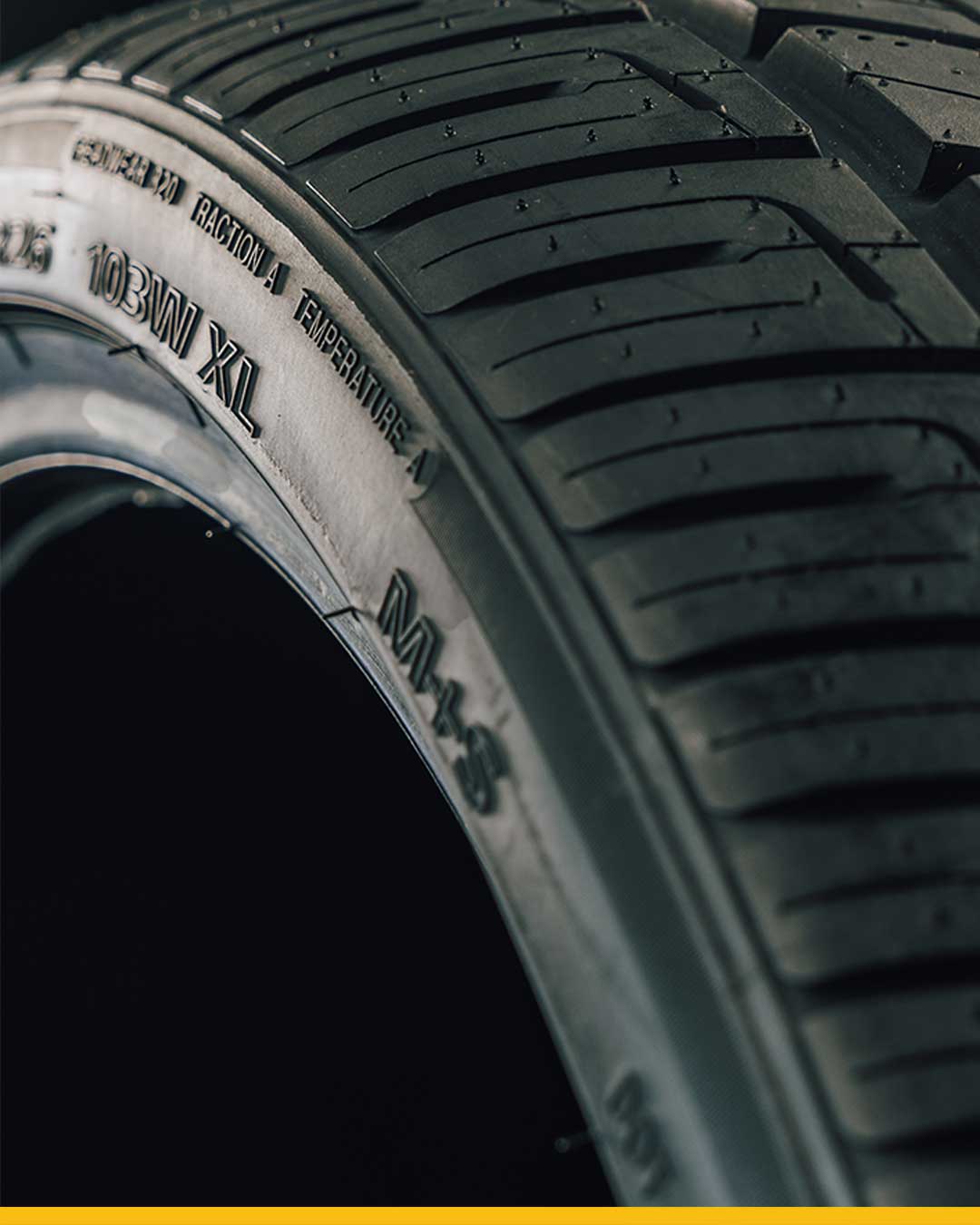Trailer Tires: Durability and Performance
Towing a trailer is one of the most challenging tasks modern drivers face while out on the highway. At the core of trailer safety is a solid set of trailer tires designed to get you and your load down the road without incident.
Trailer tires must be able to handle large loads easily and offer a highly durable design that maximizes traction and minimizes the chance of dangerous blowouts. Whether you’re hauling a boat, a utility trailer, or a travel trailer, the tires you select can make all the difference in durability, handling, and performance.
Understanding what to look for in trailer tires will help you make an informed decision that keeps your trailer rolling safely for miles to come.
Key Factors to Consider When Choosing Trailer Tires
Before diving into tire options, it’s important to understand what makes a great trailer tire. Here are the key factors to consider:
Load Capacity
One of the most critical aspects of trailer tires is their load capacity. Trailer tires are designed to carry heavy loads, and choosing tires that are properly rated for your trailer’s weight is essential. Underestimating the load capacity can lead to tire blowouts, uneven wear, and, in extreme cases, accidents. Always check your trailer’s weight and match it with the tire’s load rating to ensure you’re driving safely.
For example, our trailer tire is designed with a focus on handling heavier loads, making it a great choice for those needing reliable performance on their trailer. Its construction ensures it can withstand the demands of frequent towing while providing excellent stability on the road.
Durability and Longevity
Trailer tires are built to withstand the rigors of the road, often carrying heavy loads over long distances. Durability is key when selecting the best trailer tires. Tires with reinforced sidewalls and higher ply ratings tend to offer greater durability. Additionally, tread patterns designed for even wear help prolong the life of your tires, making them a better investment in the long run.
Our trailer tire, for instance, is known for its advanced tread design, which promotes even wear and offers enhanced traction. This tire is engineered for durability, allowing you to tow with confidence over long distances.
Traction and Tread Design
Different trailers are used for different purposes, which means traction needs can vary. For instance, if you’re towing a boat, you might need tires that provide better traction on wet surfaces. On the other hand, if you’re pulling a utility trailer over dirt roads, a more aggressive tread pattern can help with grip. Assess your typical driving conditions and choose tires with the tread design that offers the best traction for your needs.
Our tires excel in providing excellent traction across a variety of surfaces, making it a versatile option for trailer owners. Whether you’re on the highway or navigating rough terrain, Lionhart offers reliable grip and control.
Heat Resistance
Heat is the enemy of trailer tires, especially during long hauls. Prolonged driving at high speeds generates heat that can cause tire blowouts if the tires aren’t built to handle it. Look for trailer tires with heat-resistant compounds and designs that help dissipate heat. This feature is especially important if you frequently tow your trailer on highways or in hot climates.
Ply Rating
Ply rating is another important consideration. This rating indicates the tire’s strength and load-bearing capacity. Higher ply-rated tires are better equipped to handle heavier loads, while lower ply-rated tires are more suited to lighter trailers. Choosing the right ply rating ensures that your tires are strong enough to support your trailer, whether you’re towing heavy machinery or a lightweight camper.
Seasonal Considerations
Trailer tires aren’t one-size-fits-all when it comes to seasons. Depending on where you live or where you travel, you may need to consider all-season tires or even specialized tires for winter or off-road use. All-season trailer tires are a versatile option for those who tow in a variety of conditions, while winter tires or off-road tires are better suited for those who frequently tow in challenging environments.
Trailer Tires and C-Type: What’s the Difference?
C-Type tires and trailer tires serve different purposes and are designed with specific features to meet their respective needs. C-Type tires, often referred to as commercial tires, are primarily used on light commercial vehicles such as vans and small trucks. These tires are built to handle heavier loads and more demanding driving conditions than standard passenger tires. They typically have reinforced sidewalls and a higher load capacity, making them suitable for vehicles that frequently carry heavy cargo.
In contrast, trailer tires are specifically designed for use on trailers, which means they are optimized for towing stability and load-bearing capacity rather than traction or handling like vehicle tires. Trailer tires often have a stiffer sidewall to reduce sway and improve stability when towing. They are also constructed to withstand the unique stresses of towing, such as the lateral forces experienced during turns. Unlike C-Type tires, trailer tires are not designed for high-speed travel or the varied conditions encountered by commercial vehicles. Therefore, while both C-Type and trailer tires are built to support heavy loads, they are optimized for different types of vehicles and driving conditions.
Trailer Tire Maintenance Tips
Once you’ve selected the right trailer tires, maintaining them is essential for safety and performance. Here are some key maintenance tips:
Proper Inflation
Keeping your trailer tires properly inflated is critical to avoiding blowouts and uneven wear. Underinflated tires generate more heat and are more prone to damage, while overinflated tires can wear out unevenly. Check your tire pressure regularly, especially before long trips, to ensure that your tires are inflated to the manufacturer’s recommended levels.
Tire Rotation
Just like the tires on your car, trailer tires benefit from regular rotation. Rotating your tires helps ensure even wear, which extends their life and improves performance. How often you rotate your tires depends on your driving habits, but a good rule of thumb is to rotate them every 5,000 to 7,000 miles.
Tire Storage
Proper storage of your trailer tires during the off-season is important for maintaining their integrity. Store them in a cool, dry place, away from direct sunlight and extreme temperatures. If possible, keep them off the ground and cover them to protect them from dust and dirt. Proper storage helps prevent cracking, dry rot, and other forms of damage that can occur when tires are left exposed for long periods.
Tread Wear Inspection
Regular tire inspection is an important part of tire maintenance. Use a tread depth gauge or the penny test to check for adequate tread depth. If the tread is wearing unevenly or getting too low, it’s time to replace the tires. Also, keep an eye out for signs of sidewall damage or dry rot, as these issues can lead to tire failure.
Replacement Guidelines
Even the best trailer tires have a lifespan, and knowing when to replace them is key to staying safe on the road. Most experts recommend replacing trailer tires every 3 to 6 years, regardless of mileage, due to the wear and tear from exposure to the elements. Additionally, if you notice any visible damage or if your tires are consistently losing pressure, it’s time to replace them.
Trailer Tire Frequently Asked Questions
How often should I replace trailer tires?
Trailer tires typically need replacement every 3 to 6 years, depending on usage and environmental exposure. Even if the tread looks fine, the rubber can deteriorate over time.
Can I use car tires on a trailer?
No, trailer tires are specifically designed to handle heavy loads and towing conditions. Car tires do not have the same load-bearing capabilities and can be unsafe when used on a trailer.
What’s the difference between radial and bias-ply trailer tires?
Radial trailer tires offer a smoother ride and better heat resistance, making them ideal for long trips on highways. Bias-ply tires, on the other hand, have stiffer sidewalls and are better suited for off-road conditions and heavier loads.
Do trailer tires need balancing?
Yes, trailer tires should be balanced just like car tires. Balancing helps prevent uneven wear and reduces vibrations, leading to a smoother ride and longer tire life.
Lionhart = Affordable Reliability
Selecting the best trailer tires is about more than just picking a brand or size; it’s about understanding your specific towing needs and choosing tires that offer durability, performance, and safety. By considering factors like load capacity, traction, and heat resistance, you can find the perfect tires for your trailer. Lionhart trailer tires are an excellent option for those seeking a balance of durability, traction, and reliability across various driving conditions.
Remember, maintaining your tires through proper inflation, rotation, and regular inspections will help keep your trailer safe and roadworthy for years to come.
When it’s time to replace your trailer tires, consult with experts to find the right match for your specific needs. Happy towing!




